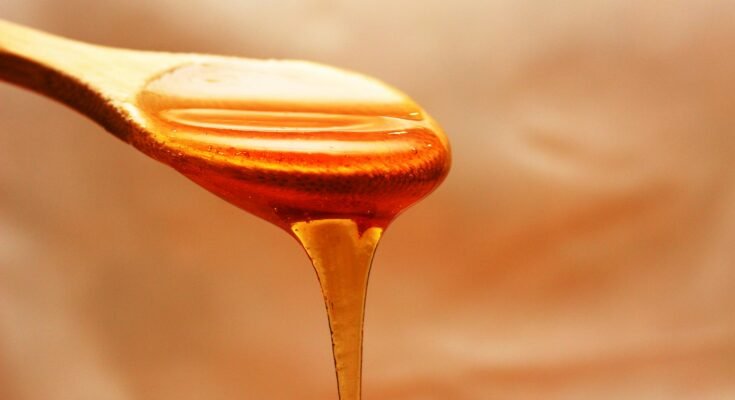Honey is often referred to as nature’s sweetener and is beloved for ages, not only because of its exquisite taste but also because of the multitude of health-related goodies it has. This versatile substance, made from nectar by bees, has always enjoyed a celebrated status in the kitchen and in age-old medicine. Let’s look into various attributes of honey and the need for you to stock it up.
1. Nutritional Profile
Honey doesn’t just taste good, it is also composed of other nutrients that can benefit one health-wise. Depending on where it originates from, honey can provide:
- Vitamins: Small amounts of B vitamins, vitamin C, and several minerals, calcium, iron, magnesium, and potassium.
- Antioxidants: Honey is rich in antioxidants including flavonoids and phenolic acids, which safeguard the body against oxidative stress and inflammation.
2. Natural Energy Booster
Of all the many benefits honey has to offer, one of the more praised ones is the quick burst of energy it grants. Honey is composed predominantly of carbohydrates to provide energy, including mainly fructose and glucose, which are easily absorbed into the bloodstream. Given this fact, honey, when administered to an athlete or for someone who needs a quick-energy fix, can prove hugely beneficial.
3. Soothing Factor
Honey has been revered for centuries as an effective topical treatment for various diseases:
- Cold; cough relief: Honey is often used to soothe a sore throat or reduce coughing, particularly in children. Particularly at a young age, the thick texture coats the throat and hence comforts it.
- Digestive aid: By acting as a prebiotic, honey may promote digestive health by aiding in the growth of beneficial gut bacteria.
4. Antimicrobial and Antiseptic Properties
Being natural makes honey very effective as an antimicrobial agent. There is a clear inhibition of certain bacteria and fungi growth in its presence. It has been proposed that applying honey topically would aid in the healing of cuts, scrapes, and burns due to its anti-inflammatory and antibacterial properties.
5. Benefits to the Skin
Apart from being edible, honey has a wide range of uses in skincare:
- Moisturizer: An all-natural humectant, honey attracts and holds moisture. It can be applied to face masks and creams for skin hydration and nourishment.
- Acne Remedy: Its antibacterial properties can diminish acne breakouts and relieve irritated skin.
6. Natural Sweetener Substitute
Smoothies, Greek yogurt, teas, and salad dressings all become more interesting with the incorporation of honey into your daily diet. You can use honey for cooking and baking, for example:
- Baking: Provides unique flavor and moisture by substituting honey for sugar in recipes.
- Dressings and Marinades: Use honey in salad dressings or marinades to balance out other flavors and make them a bit lighter.
- Beverages: Stir honey into tea, smoothies, or yogurt for flavor and health benefits.
Honey Types
Did you know that honey types will vary a lot from one another and are subsequently rich in flavor and benefits? A few types include:
- Manuka Honey: Potently antibacterial, commonly used for medicinal purposes.
- Wildflower Honey: Complex flavor and rich in antioxidants, made from many flower species.
- Clover Honey: Mild, sweet, and one of the most common in cooking and baking.
Conclusion
It is not only a sweetener but a wonderful addition to our wellness and dietary routines. From providing natural energy to alleviating sore throat symptoms and imparting skin benefits, honey is nothing less than nature’s golden elixir. Whether it is drizzled on pancakes, included in tea, or applied to the skin, the advantages of honey are as varied as its uses: next time you’re creating a dish, sweeten it with honey for flavor and health reasons!



